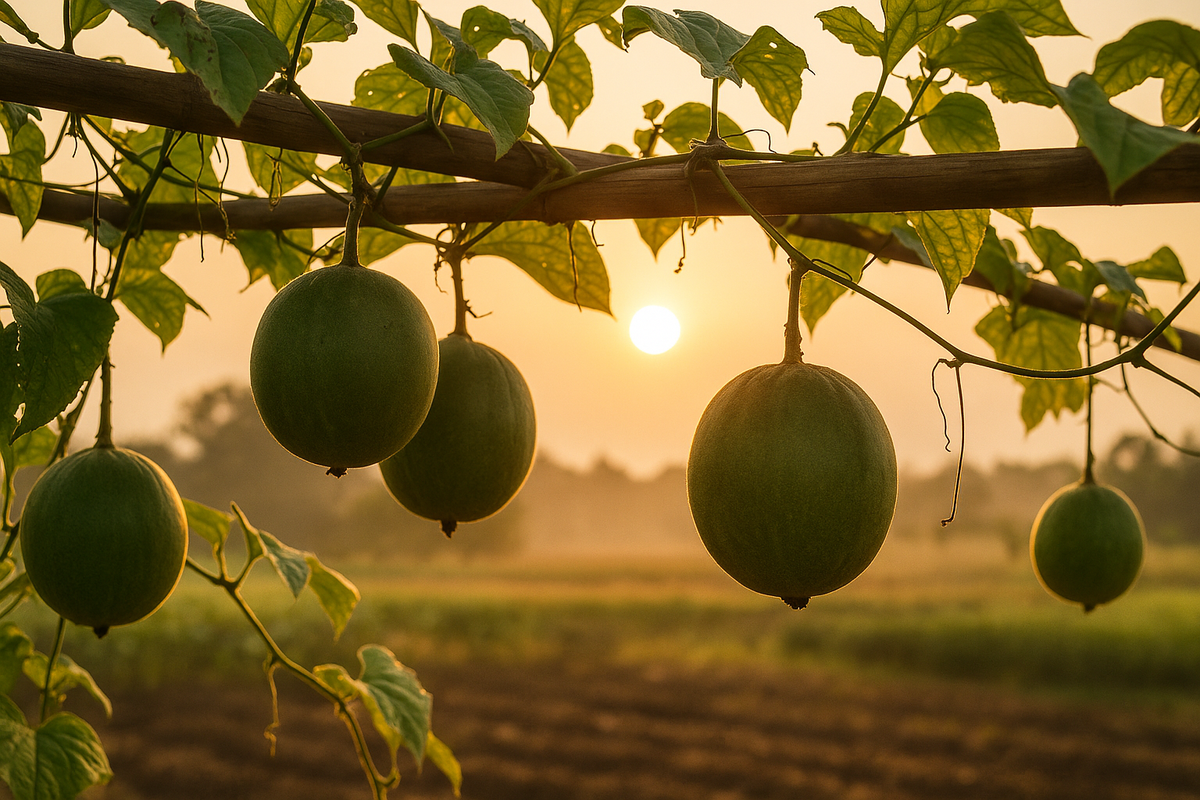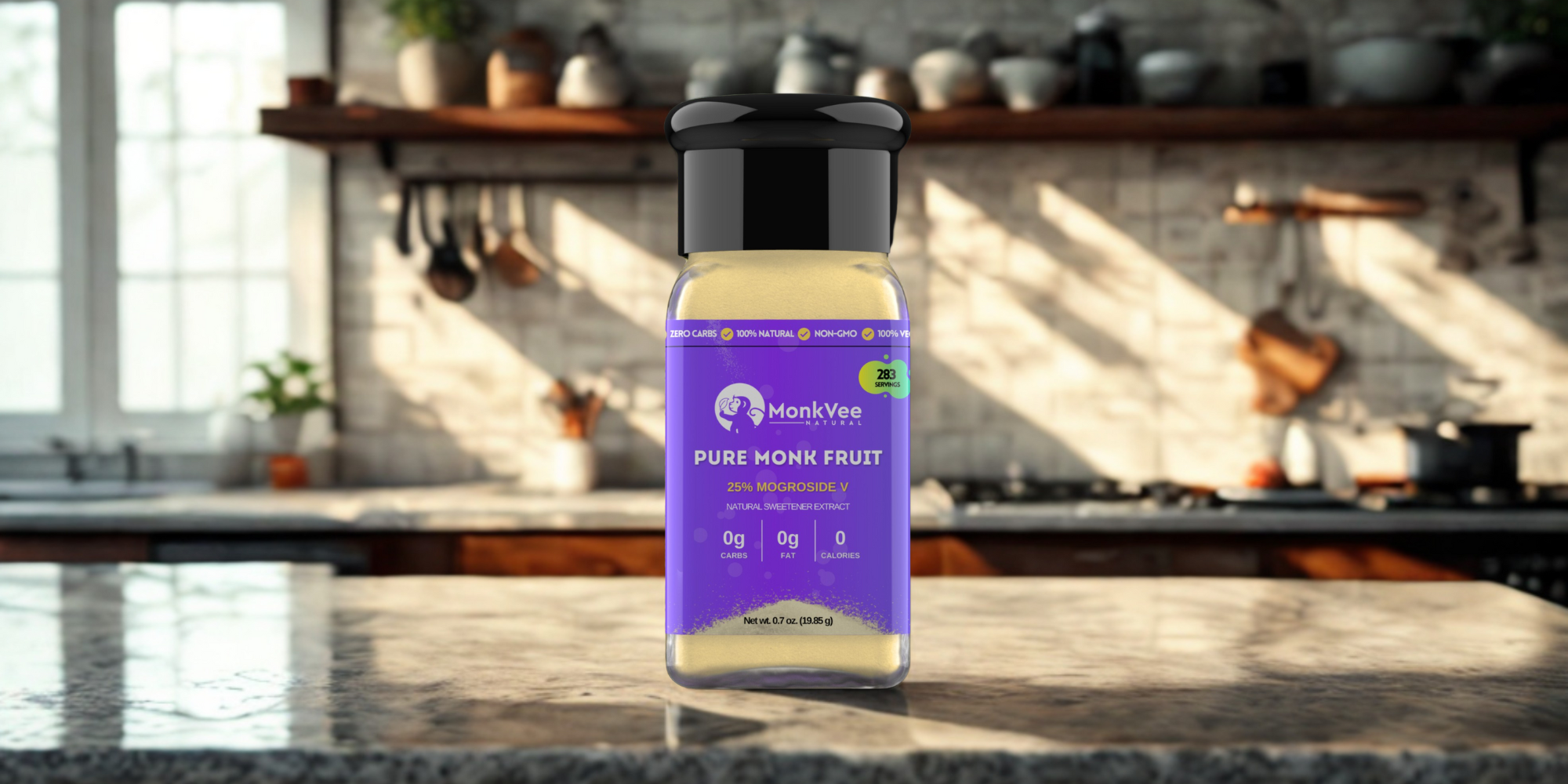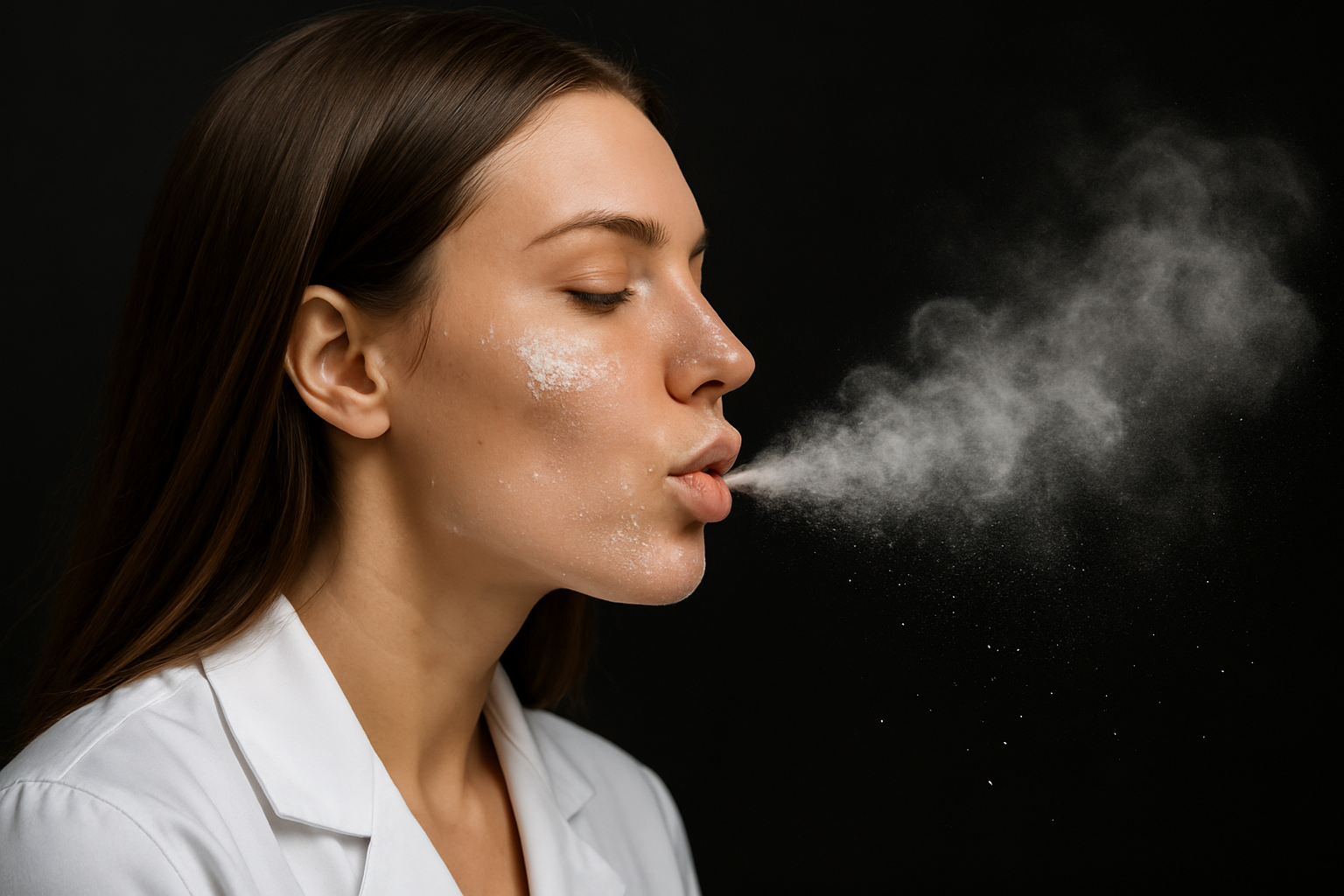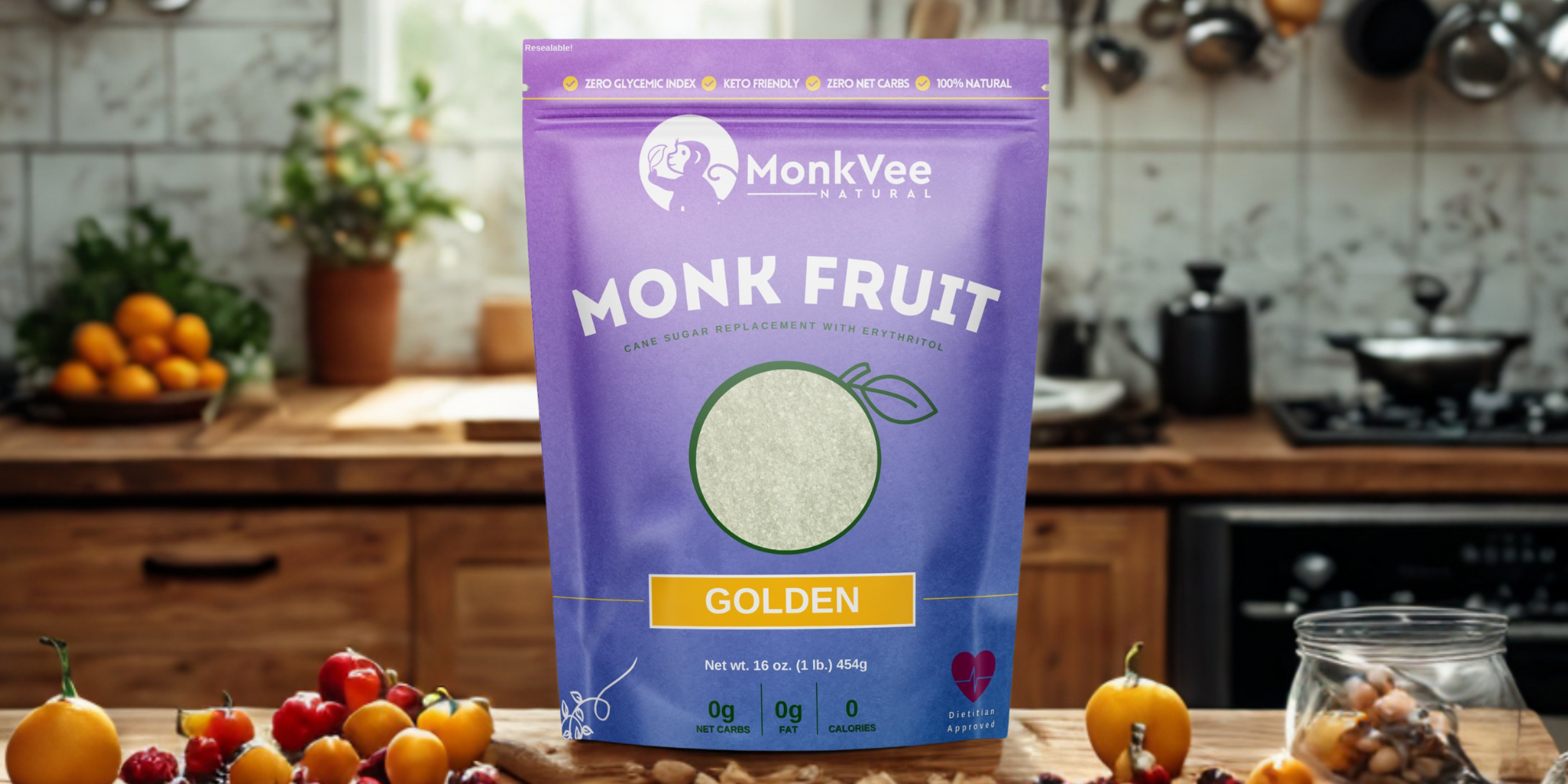Zero calories / zero glycemic index
safe for diabetics, keto, weight-loss seekers.
A marketing hoax...

Coconut sugar isn’t powdered coconut flesh. It’s essentially tree sap sugar:
Calorically, it’s basically the same as table sugar:
So from the top: coconut sugar is an added sugar with a slightly different composition and processing method, not a free pass.
Three main selling points show up over and over:
All three are technically anchored in some truth. The problem is scale and context:
The GI story is where a lot of the halo comes from.
Reported values:
So yes, coconut sugar can have a lower GI than white sugar. But:
The supposed GI advantage is partly due to inulin, a prebiotic fiber in coconut sugar that slightly slows absorption.
But the amount of inulin per teaspoon is small; it doesn’t convert coconut sugar into a low-impact food for someone with insulin resistance or diabetes.
Bottom line: glycemically, coconut sugar is slightly less aggressive, not fundamentally different in category. It still contributes to glycemic load and should be treated as such.
Coconut sugar does contain more micronutrients than refined white sugar:
However:
If someone wants iron or zinc, they should not be getting it from 6–8 tablespoons of sugar per day. That’s how you build fatty liver, not resilience.
So yes, coconut sugar is slightly less empty than white sugar, but from a functional nutrition standpoint it’s still basically empty.
For blood sugar and diabetes, the crucial facts:
For someone with:
coconut sugar is not a strategic sweetener. It’s marginally better than white sugar, but in a context where the total added-sugar burden is already pathological, that marginal benefit is noise.
The marketing story:
Less refined + some minerals + lower GI = “healthy sugar.”
The actual situation:
So coconut sugar might be the “least bad” of the caloric sugars on a relative scale, but it is still on the wrong side of the line when the core objective is:
Now the contrast you actually care about.
Coconut Sugar
MonkVee Monk Fruit (Pure Extract & 1:1 Blends)
MonkVee Stevia (Pure Reb A Extract)
From a metabolic-design perspective:
Those are very different categories.
If someone is metabolically healthy, very active, and overall sugar intake is low, then:
However, in the contexts that actually matter clinically:
coconut sugar is misaligned with the goals. It still:
Using MonkVee monk fruit and MonkVee stevia instead:
That’s the difference between “slightly optimized sugar” and “metabolically intelligent formulation.”
If the question is: “Is coconut sugar better than white sugar?”
If the question is: “What should I build my sweetener strategy around?”
Then, if someone wants rare, deliberate use of coconut sugar for flavor in a particular recipe, that’s a conscious exception — not the foundation.
Coconut sugar is “better” than table sugar in the same way that slightly less-dirty exhaust is “better” for the air: it doesn’t make it good, just slightly less bad.
If the aim is serious blood sugar control, liver protection, or long-term metabolic health, the real move is:
That’s the distinction the market rarely makes, but it’s the one that actually matters for outcomes.
| Sweetener | Sweetness Level vs Sugar | Calories per Teaspoon | Glycemic Index | Aftertaste / Fillers | Verdict |
|---|---|---|---|---|---|
| Table Sugar | 1x | 16 | 65 | No fillers, but addictive | Tastes good, but fuels cravings & crashes |
| Pure Monk Fruit (MonkVee) | ~150x sweeter | 0 | 0 | No fillers, clean taste | Best sugar alternative – clean, natural, zero glycemic impact |
| Stevia | ~300x sweeter | 0 | 0 | No fillers, MonkVee has no aftertaste | Pure Stevia is a great option like Pure Monk Fruit |
| Coconut Sugar | 1x | 15 | 54 | No fillers, but still sugar | Marketed as “healthy,” but still raises blood sugar |
| Agave | 1.5x | 15 | 10–20 | No fillers, but high fructose | Lower GI, but high fructose load |
| Maple Syrup | 1x | 15 | 54 | Natural, but still sugar | Delicious, but not a real sugar-free alternative |
Millions of Americans are waking up to the processed sugar epidemic. Don’t be the last one stuck with the crash, bloat, and regrets — when MonkVee makes the swap easy.
Monk fruit, also known as Luo Han Guo, is a small melon native to southern China. For centuries, Buddhist monks used it as a medicinal tea for longevity and wellness. Its sweetness comes from mogrosides — unique antioxidant compounds up to 150–300× sweeter than sugar, but with zero calories and no glycemic impact.
At MonkVee, we deliver both pure monk fruit extract and pure stevia leaf extract — no erythritol, maltodextrin, or fillers. For those who enjoy blends, we also craft monk fruit + erythritol sweeteners that bake, brown, and caramelize just like sugar.
| Sweetener | Calories (per tsp) | Other Nutrition Claims | Reality Check |
|---|---|---|---|
| Table Sugar (cane) | ~16 | “Energy source” | Empty calories, high glycemic load |
| Coconut Sugar | ~16 | Lower GI, contains minerals | Still mostly sucrose |
| Date Sugar | ~15 | Made from dried dates | Still sugar, high calorie |
| Agave Nectar | ~20–21 | Low GI | High fructose load |
| Maple Syrup | ~19 | Minerals & antioxidants | Still sugar-heavy |
| Honey | ~16–20 | Natural, antibacterial | High sugar load |
| Jaggery | ~15–16 | “Unrefined sugar” | Same impact as cane sugar |
| Molasses | ~15 | Iron & minerals | Still concentrated sugar |
| Brand | Problematic Ingredients | Why It Matters |
|---|---|---|
| Monk Fruit in the Raw | Dextrose | Cheap filler; spikes blood sugar |
| Splenda Monk Fruit | Dextrose, Maltodextrin | Additives reduce purity |
| Whole Earth Monk Fruit Blend | Erythritol, Natural Flavors, Sugar | Contains sugar + vague flavors |
| Sugar in the Raw “Monk Fruit” | Cane Sugar | Not sugar-free; misleading |
| Sweet’N Low “Monk Fruit” | Saccharin, Dextrose | Artificial additive with history |
| Category | Best Fit For | Key Benefits | Caveats |
|---|---|---|---|
| Pure Monk Fruit Extract | Zero-calorie drinks & baking | Natural, antioxidant-rich | Very sweet; use sparingly |
| Monk Fruit 1:1 Blends | Daily sugar replacement | Easy swap; sugar-like texture | Higher price than sugar |
| Pure Stevia Extract | Teas, smoothies, keto | No calories, no aftertaste (MonkVee) | Other brands may taste bitter |
| “Natural” Sugars | Traditional recipes | Trace minerals | Same calorie & glycemic impact |
| Syrups | Flavor depth | Antioxidants, unique taste | High calorie, sugar-heavy |
| Product | Sweetness vs Sugar | Daily Use Example | Average Duration |
|---|---|---|---|
| MonkVee Pure Monk Fruit Extract | 150× sweeter | 1 coffee/tea daily | ~6 months |
| MonkVee Pure Stevia Extract | 300× sweeter | Smoothie or tea daily | ~9–10 months |
| Brand | Strengths | Weaknesses |
|---|---|---|
| MonkVee | Pure extracts, premium taste, bulk sizes | Higher cost vs sugar |
| Monk Fruit in the Raw | Easy to find | Contains dextrose filler |
| Sweet’N Low “Monk Fruit” | Cheap | Contains saccharin & dextrose |




safe for diabetics, keto, weight-loss seekers.
Say goodbye to added sugar and lab-made artificial sweeteners.
No bitter aftertaste
Our products are high quality and 100% natural with no sneaky fillers or preservatives.
Our customers keep coming back for more. Why count calories when you can just ditch them!
MonkVee is founded by a type 1 diabetic and registered dietitian.
MonkVee sweeteners can be used in anything! See our recipe library for inspiration.
100% satisfaction guarantee or your money back, no questions asked

Ditching the sugar was never THIS easy!
Learn why millions of smart humans are ditching added sugar now


Cuts empty calories without losing satiety. Linked to reduced visceral fat (Harvard study). Prevents sugar spikes & crashes that fuel hunger
Prevents insulin spikes & crashes. Improves insulin sensitivity. Lowers Type 2 diabetes risk.
High sugar doubles risk of heart mortality. Improves cholesterol & lipid profiles. Reduces fatty liver risk.
Eliminates sugar highs and crashes. Reduces brain fog. Linked to lower rates of mood disorders
Reduces stress hormone imbalance. Improves hunger/satiety regulation. Supports women with PCOS (insulin-driven).
Lowers acne-causing inflammation. Prevents glycation (wrinkles, collagen damage). Reduces water retention & bloating. Sugar feeds cavity-causing bacteria. Cutting sugar reduces decay & gum disease.
Sugar weakens immune response. Cutting sugar reduces harmful bacteria & candida. Lowers risk of major chronic diseases. Linked to greater life expectancy.
High sugar impairs memory & focus. Alzheimer’s risk tied to “Type 3 diabetes” effect. Improves overall vitality & daily health. Lower risk of cognitive decline with reduced sugar intake

Welcome to the Sweet Life.
!